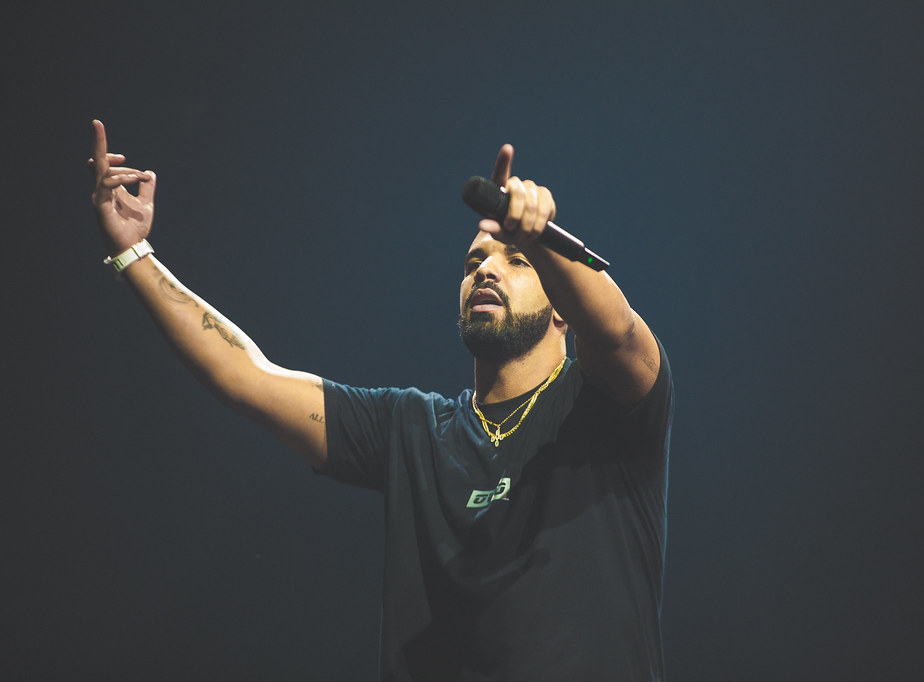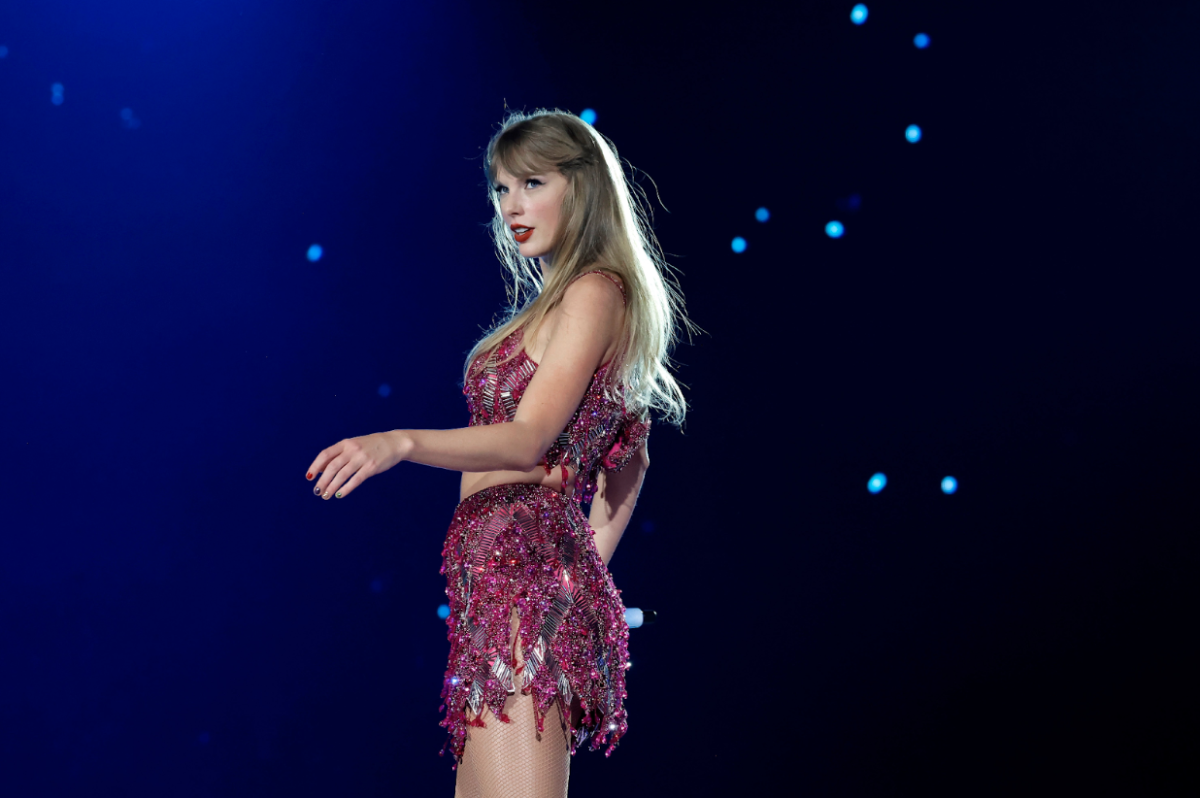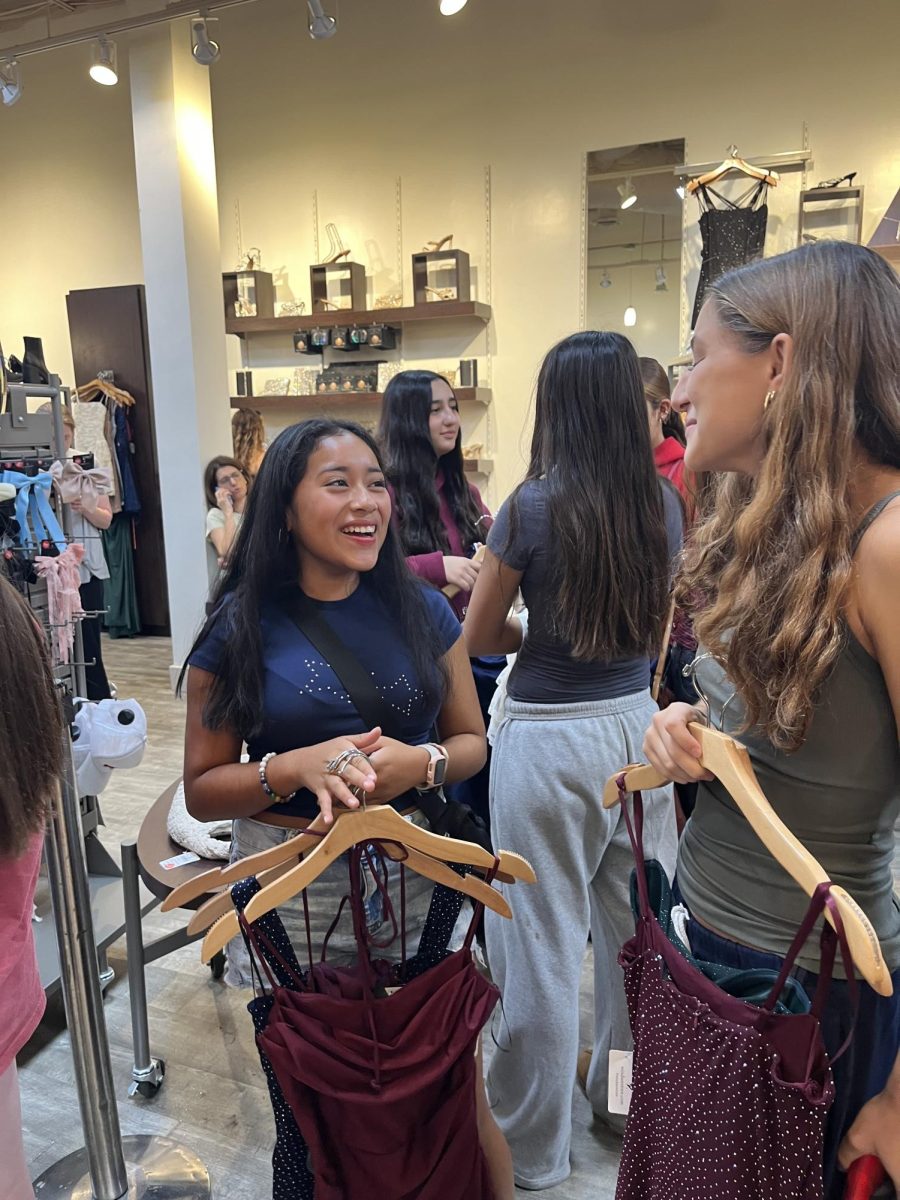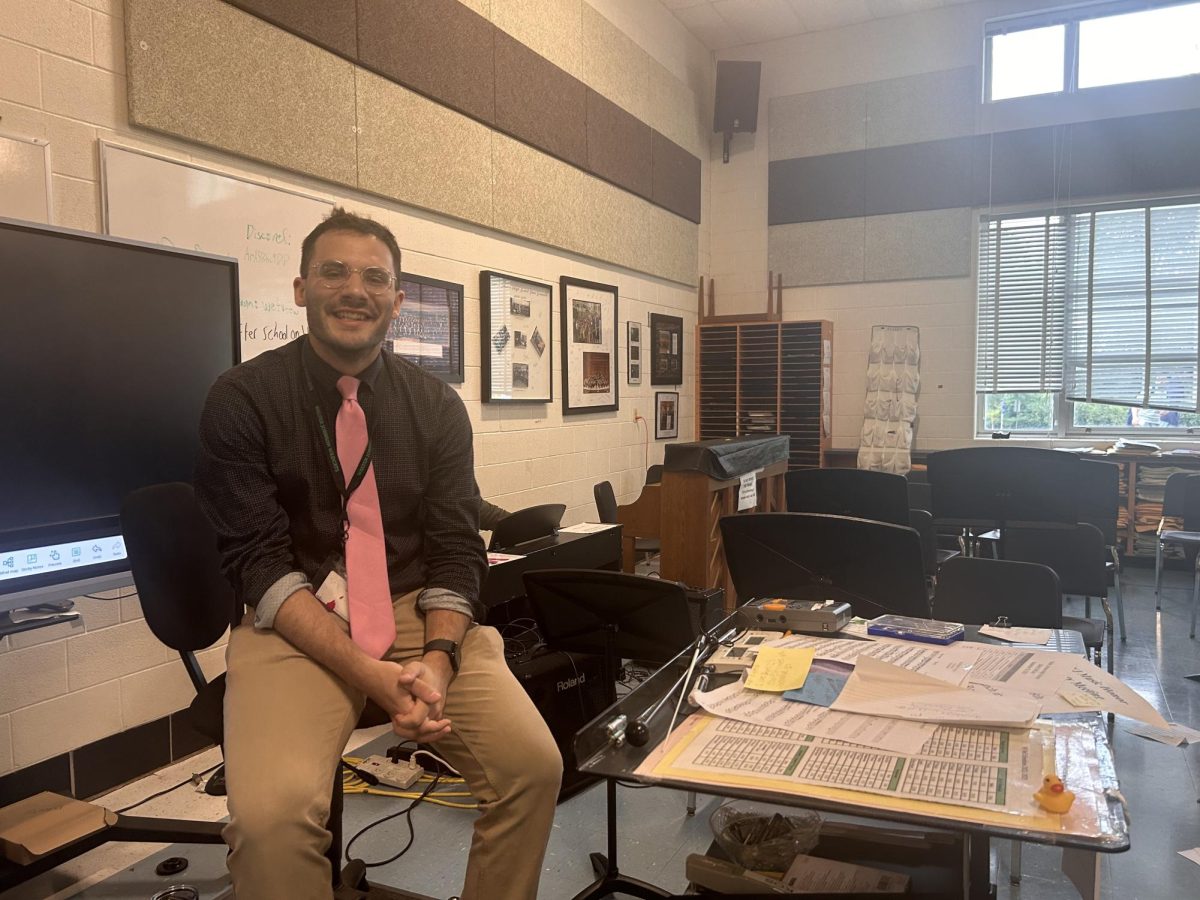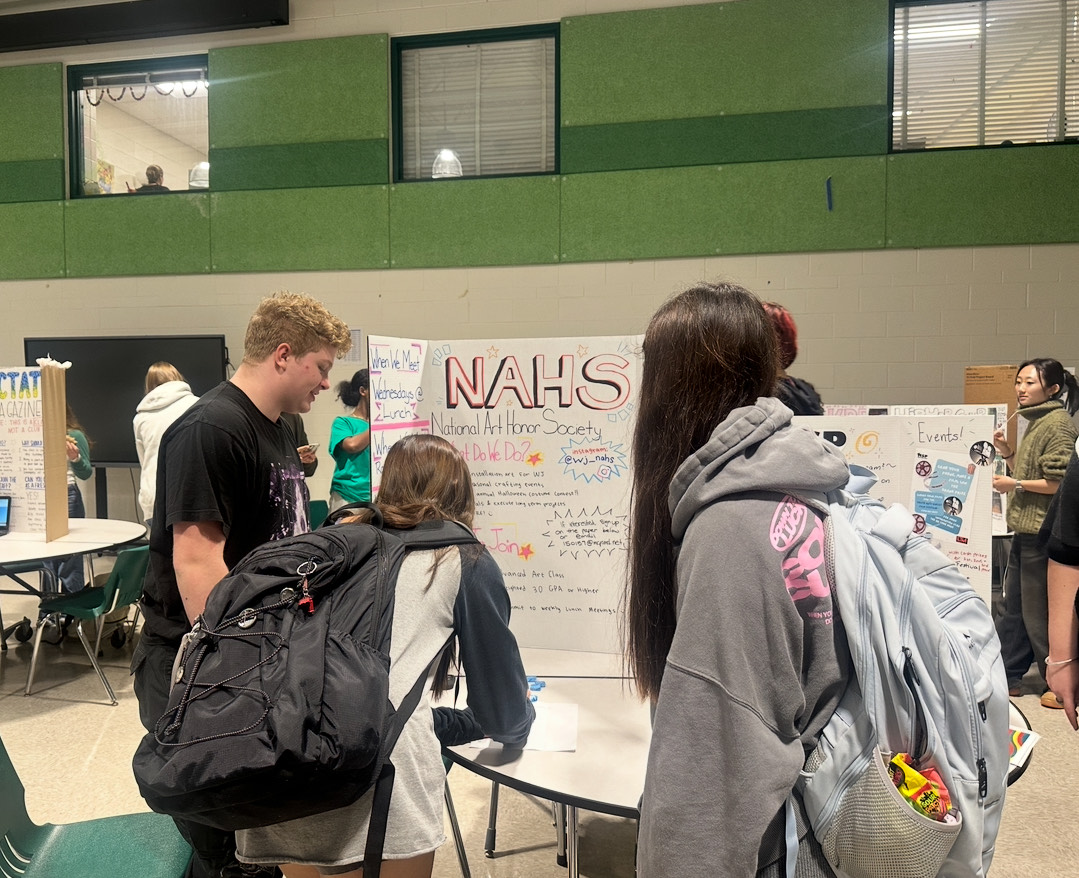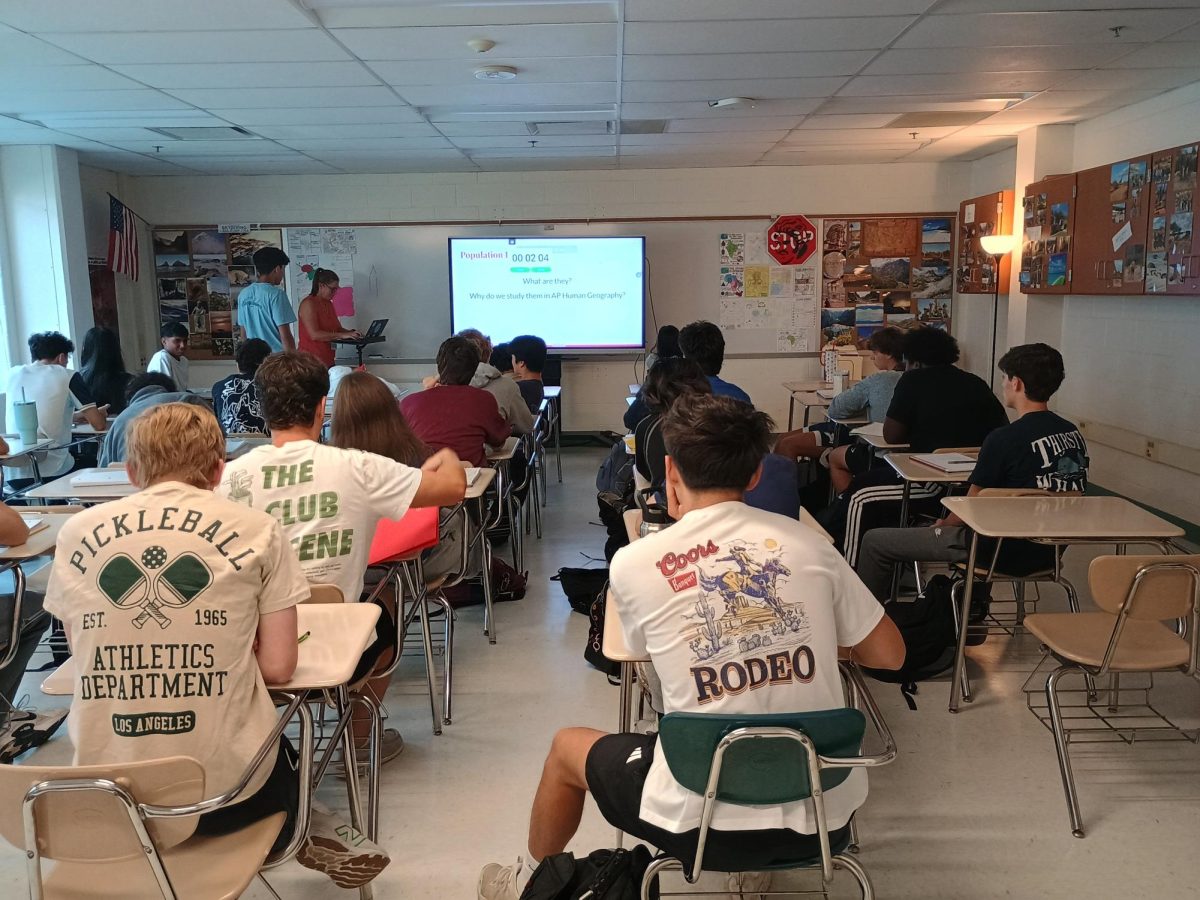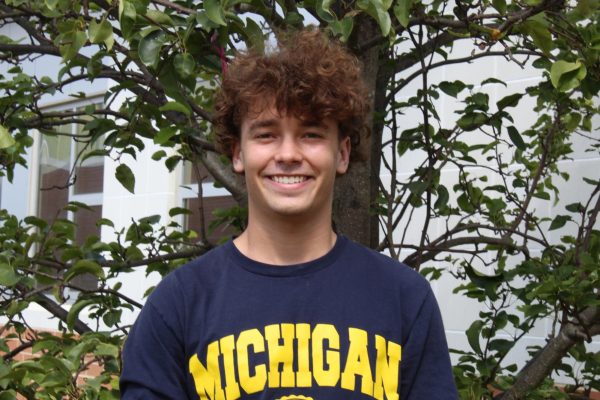Whether written in an Instagram comment section or a celebrity gossip magazine, no two words strike more fear into the heart of a musician’s agent than the title “industry plant.”
The label has been used throughout the last decade to defame artists who people believe “came out of nowhere,” achieving rapid success through industry connections and secret agendas, bypassing the hard work it usually takes to reach celebrity status. But does this accusation hold any water? Which artists have been accused and why? And are industry plants an evil conspiracy, a harmless trend or just a byproduct of internet skepticism?
Although the exact origins aren’t clear, the phrase seems to have appeared first on hip-hop message boards in the early 2010s. The first notable artists accused of being plants were rappers like Drake, Meek Mill and Lil Wayne, all of whom would eventually solidify their status through their music.
However, many rappers have not been able to overcome that accusation, fizzling out after a relatively short period of success. This is the most common stereotype of an industry plant: disappearing after their 15 minutes of fame.
“I remember when Desiigner’s song “Panda” came out in 2016 and it was so popular, but once that song came out I didn’t hear any other song of his. I don’t know where he went, [and] there’s nothing about him online,” junior Delina Palma said.
The term quickly spread from its origin point to several other genres of music, especially pop. Early in her career, Taylor Swift was one of the many artists accused of being placed on top by the industry due to her rapid rise to fame. She was eventually able to build a massive and dedicated audience, largely overshadowing any accusations of undeserved fame.
“She started singing when she was really young and became one of the most famous artists. She’s made a lot of people’s lives better from listening to her music,” freshman Orit Vainstein said.
Although there’s no evidence that Swift’s stardom was sparked by an evil conspiracy, her career was definitely helped by financial support from her father, a wealthy former stockbroker for Merrill Lynch.
“I think [that support] might’ve helped her get the resources she needed to get where she is… I think that’s a good thing, because it allowed her to have a really good career,” Vainstein said.
Although connections and family support can be a huge boost, it’s still impossible for an artist to really thrive without an incredibly strong audience like Swift’s. That fact might be the key to understanding where industry plants really come from.
Instead of a malicious conspiracy, the phenomena is better explained by the constantly shifting spotlight of entertainment media, which cycles through short-lasting celebrities like Desiigner in an attempt to find someone who can retain public attention like Drake or Taylor Swift.
There’s a real possibility that in a boardroom somewhere, a group of corporate executives are hand-picking the next huge rapper or pop sensation. We might never know if this is actually happening or not, which is undeniably alarming; but at least for now, the success of industry plants is still in the hands of the listeners.


